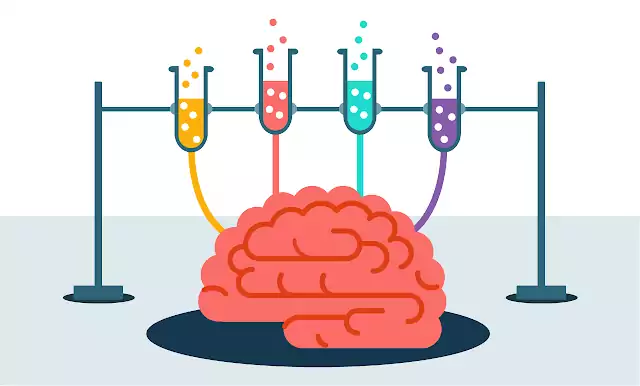Computerized brain training programs are immensely popular among people of all ages and the industry grows in leaps and bounds every year. The American brain training industry is worth billions.
Most people believe that online brain training exercises or other brain training software and programs boost mental skills and improve brain and cognitive function, and the latest gadgets are a hit among consumers.
All kinds of brain training products, including free online brain exercises, are available in the market today. Makers of them claim these gadgets increase memory, boost mental skills, improve cognitive function and do a lot more. However, scientific evidence to support these claims remains murky.
Study: No Gain from Brain Training
A recent study, touted as the largest trial to date, published in the journal Nature suggests that commercially available computerized brain training devices may not improve cognitive function.
The study was conducted on the viewers of the popular British science program “Bang goes the theory.” The participants took part in a series of brain training exercises for ten minutes a day, three times a week for a total of six weeks. The brain training exercises were designed to test reasoning, short-term memory, working memory and paired-associates learning.
Scientists designed these training sessions to mimic commercially available brain training software and programs. After six weeks, the participants were tested for improvements in their cognitive function. The authors concluded that people who took the training failed to develop any noticeable improvement in cognitive function.
Similar studies conducted by other scientists are also not very supportive of any positive effect in terms of brain training on cognitive function. However, scientists agree that more detailed research needs to be performed before brain training is written off as useless.
Brain Training Industry Disapproves
National brain training company, LearningRx, disagreed with these results, dismissing them as ridiculous and irresponsible. They claim the level of brain training imparted to the participants in the study published in Nature is too little to achieve any improvement.
They argue that the test results conducted on thousands of their students have shown gain from brain training. Posit-science, another brain training products manufacturer, also came out strongly against this study and claims their programs are more rigorous and intense than those used in the research work.
Brain Training Helps Multitasking
On a different note, a research paper published in the journal Neuron supports a positive role for brain training in multitasking. Most people are fond of multitasking, and attempt it often in every day life – like munching popcorn in the cinema theater and watching movies simultaneously or driving and talking.
The human brain is lethargic in dealing with multitasking. As long as people do not pay full attention to one task, they are led to assume that they are comfortably carrying over both the tasks. However, those who are experienced in multitasking know that whether it is a simple task like walking and chewing or a demanding task like watching TV and reading, the moment concentration slips to one action, performance of the other suffers.
Authors of the research work published in Neuron suggest that this weakness could be improved by brain training. Their research work indicates that increased brain training led to changes in the function of the inferior frontal region, a region in the brain that controls multitasking, processes information quickly and responds rapidly. Clearly, unbiased stringent scientific experiments are needed to prove one way or other. Until then, braining training products and their popularity are here to stay.
